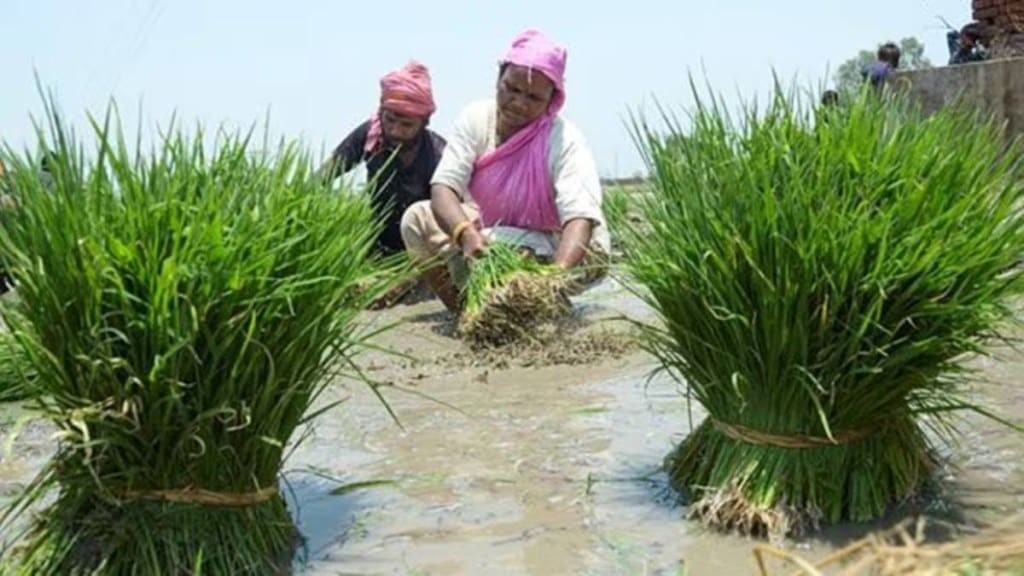The cabinet on Wednesday expanded the scope of Rs 1 trillion- Agriculture Infrastructure Fund (AIF) scheme launched in 2020 to make it more attractive, as part of its objective to boost farm infrastructure facilities in the country.
Under the revamped AIF which is to be disbursed by banks and financial institutions till FY26 is expected to facilitate development of viable projects which would enhance community farming capabilities, thereby improving productivity and sustainability of the agriculture sector.
The government has allowed all eligible beneficiaries of AIF for creation of infrastructure covered under ‘viable projects for building community farming assets’. The revamped AIF, will include integrated primary secondary processing projects in the list of eligible activities. However stand-alone secondary projects would not be eligible and would be covered under the ministry of food processing industries scheme.
“These initiatives aim at expanding the scope of eligible projects and integrate additional supportive measures to foster a robust agricultural infrastructure ecosystem,” it added.
The government has also allowed the convergence of component-A of PM-KUSUM, launched in 2019 which aimed clean energy to more than 3.5 million farmers by solarising their agriculture pump, with AIF for farmers, group of farmers, FPOs, cooperatives and panchayats.
In addition to credit guarantee fund trust for micro and small enterprises (CGTMSE), the government has proposed to extend AIF credit guarantee coverage of FPOs through the NABSanrakshan Trustee Company Pvt Ltd also.
Under the AIF, beneficiaries receive a 3% interest subvention on loans up to Rs 2 crore, with a maximum repayment period of 7 years. In addition, it covers the reimbursement of credit guarantee fees paid by banks.
Since its launch in 2020, Rs 47,575 crore has been sanctioned for 74,508 projects under AIF.
Since 2020, AIG scheme has supported creation of 6,623 warehouses, 688 cold stores and 21 silos projects, resulting in additional storage capacity of about 50 million tonne (MT) in the country.
This includes 46.5 MT of dry storage and 3.5 MT of cold storage capacity.
“With this additional storage capacity 1.86 MT of food grains and 0.34 MT of horticulture produce can be saved annually,” according to an official statement.
“These sanctioned projects have mobilized an investment of Rs 78,596 crore in the agriculture sector, out of which Rs 78,433 crore has been mobilised from private entities,” the statement stated. Infrastructure projects sanctioned under AIF have helped in generating more than 8.19 lakh rural employment opportunities in the agriculture sector, it stated.
Beneficiaries under AIF including farmers, agri-entrepreneurs, start-ups, primary agricultural credit societies, marketing cooperative societies, farmer producer organizations (FPOs), self-help groups (SHGs), joint liability groups (JLGs), multipurpose cooperative societies, agricultural produce market committees (mandis), and federations of cooperatives, FPOs, and SHGs.
“These measures will enable farmers and FPOs to adopt drone technology more effectively,” Chirag Sharama, CEO, Drone Destination, based in Gurgaon, which focuses on services and training of pilots operating these instruments, told FE.
